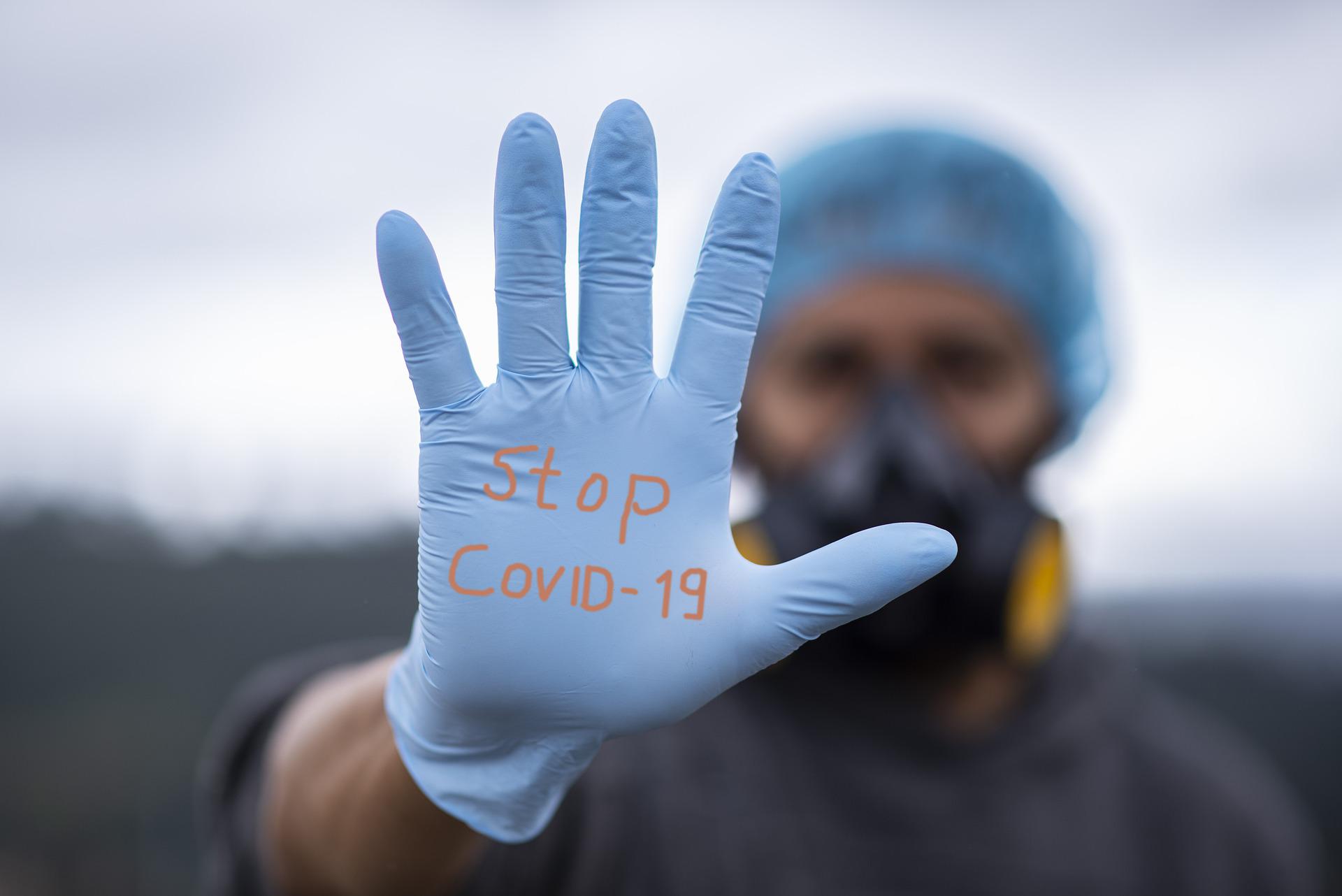A joint study by a group of scientists from CSIR-CCMB, Hyderabad and CSIR-IMTech, Chandigarh, with hospitals in Hyderabad and Mohali, has confirmed that the airborne transmission of SARS-CoV-2 (coronavirus). The study is now published in the Journal of Aerosol Science.
The scientists analysed the coronavirus genome content collected from air samples from various areas, such as hospitals, closed rooms and houses of home-quarantined Covid-19 patients. They found that the virus could be frequently detected in the air around Covid-19 patients and the positivity rate increased with the number of patients present.
The study also revealed that the virus was present in both the ICU and the non-ICU sections of hospitals, showing that patients released the virus in the air regardless of the severity of infection. The study discovered viable coronavirus in the air that could infect living cells and spread over long distances. The finding explains the reason of lesser infections in countries where populations regularly wore masks during the pandemic.
The results showed that coronavirus can stay in the air for some time in absence of ventilation in closed spaces.
“We found that the positivity rate of getting the virus in the air was 75 percent when two or more Covid-19 patients were present in a room, in contrast to 15.8 percent when one or no Covid-19 patient occupied the room,” said Shivranjani Moharir, a scientist part of the study.
“Our observations are concurrent with previous studies that suggest that the concentration of SARS-CoV-2 RNA is higher in indoor air as compared to outdoor air. The concentration is higher in hospital and healthcare settings that host a larger number of Covid-19 patients, as compared to that in community indoor settings,” the researcher said.
The scientists said that as they are back to conducting in-person activities, air surveillance is a useful means to predict infection potential of spaces such as classrooms and meeting halls. “This can help them and planners refine strategies to control the spread Covid-19 infections,” said the lead scientist of the study, Dr Rakesh Mishra, who is AcSIR Distinguished Emeritus Professor at CCMB and Director of Tata Institute for Genetics and Society.
Dr Rakesh Mishra said that the air surveillance technique is not just limited to coronavirus, but can also be optimised to monitor other airborne infections.


























